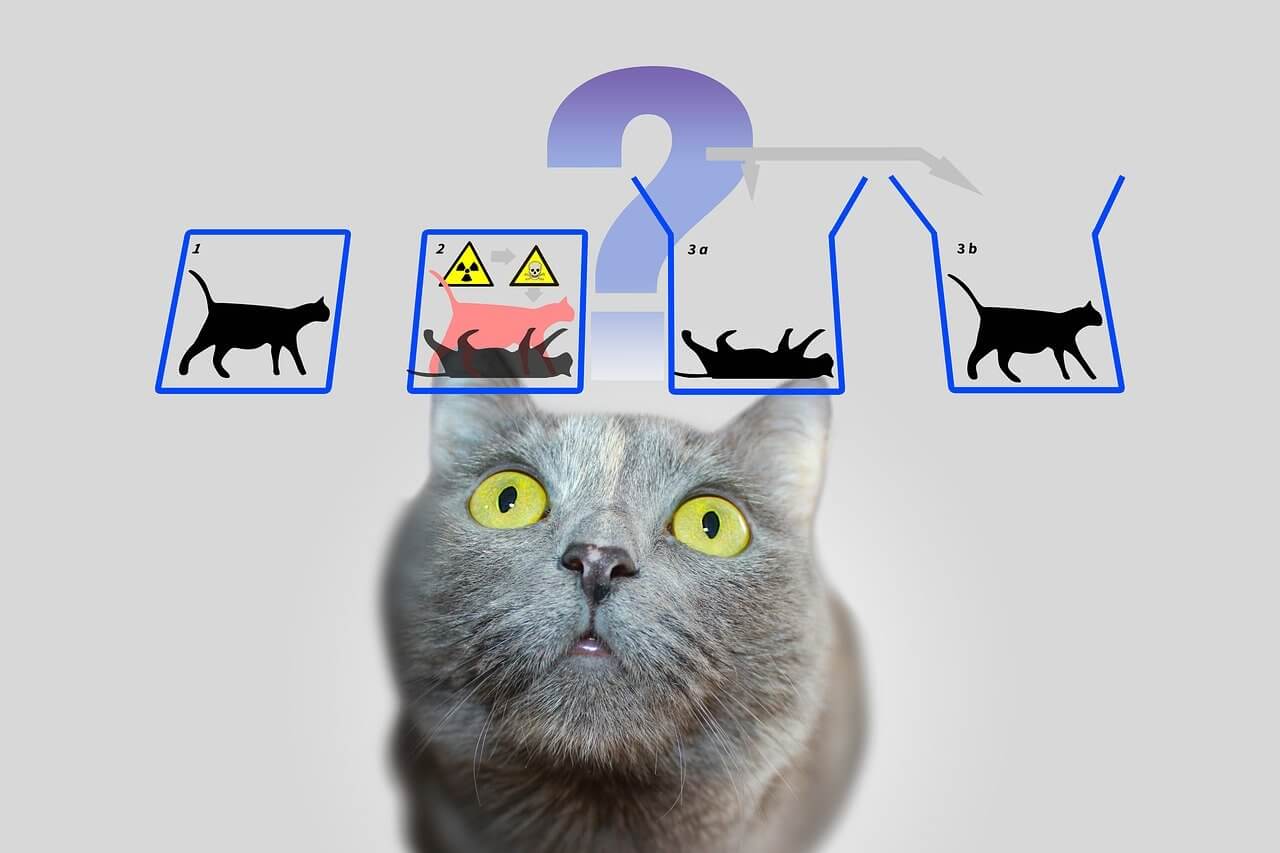The paradox is that an apparently correct statement creates contradiction. Although its definition may seem boring, it is actually thoughts that foster fun and abstract thinking.
Paradoxes can occur spontaneously, as well as those created by mathematicians and famous thinkers. Such paradoxes can lead to new discoveries in mathematics and science, while also changing the way of thinking.

Source : pixabay.com
1) Epimenides Paradox
The Epimenides Paradox is a paradox in logic. “Cretans are always liars,” said Epimenides, a Cretan philosopher. he said. This statement is called the Epimenides Paradox.
The reason is:
1. If all Cretans are liars, since Epimenides are also Cretan, he must also be liars. If Epimenides is a liar, the statement “All Cretans are liars” would be false, as they all say. If we believe that he is telling the truth, we understand that he is lying. So this statement is both true and false.
2. If we take the proposition that all Cretans are liars wrong, Epimenides, who is also Cretan, must have spoken correctly. Then the statement “All Cretans are liars” must be true. Confused, right?
3. And finally, a proposition cannot be both true and false.
2) Theseus’s Ship
The ship of Theseus, which is a philosophical paradox, according to the Greek legend, the ship that returned with victory from Crete is preserved in Athens for a long time as a souvenir. Over time, the ship’s boards begin to rot and are replaced with new ones. After a while, there were no unchanged parts left on the ship. In this case, is the ship still the Ship of Theseus or was it another ship?
3) Grandfather Paradox
Let’s imagine that a time-traveling person went back to his past and killed his grandfather before he met his grandmother. In this case, its existence will not be possible. But then he could not have turned back and killed his grandfather. There are theories that say this situation can be explained by parallel universes. According to this theory, even if the person who killed his grandfather does not live in the future, he can continue to live in the period when he killed his grandfather, after his grandfather dies, the universe branches and continues to live in another universe.
4) Euplides (Sand Lump) Paradox
Euplides argued that it is not possible to make a pile of sand grains because no grains of sand are a “heap”. In other words, it is not possible to create a pile by adding sand grains on something that is not a pile. To put it more explicitly, what is the limit for being a “heap”? So let’s say 1 million grains of sand form a pile. When we take a grain of sand, won’t there be a pile?
5) Cannibal Paradox
A logician falls into the hands of the cannibals on the island. Cannibals tell that they eat every stranger that falls on their hands, how they decide on their food with a question, if they answer the question correctly, they will be boiled, if they answer the wrong answer, they will be fried. To the logician, “Are we going to eat you boiled or fried?” they ask. The logician thinks for a while and answers: Blushing! Cannibals have a dilemma here, and the paradox begins here. If they eat it by frying, the logician will give the correct answer, it must be boiled for the correct answer. If they eat it by boiling, the logician will give the wrong answer, this time they have to fry. Thus, the logician gets rid of the cannibals.
6) King’s Paradox
The king opens a competition in his country. “That’s a lie!” When he comes across a lie he can say, he tells him that he will give his owner a cube of gold. Liars flocked to the palace and listed the lies one by one. However, no lie has emerged that satisfies the king.
Then a man came with an empty cube in his hand and said:
When the grandfather went to war, he took a loan from my grandfather because there was not enough gold in the treasury and promised that he will pay the debt to your grandson. Now is the time to pay off your debt.
When the king reacted, “this is really a lie,” the man demanded his reward. But when the king, who did not want to give the prize, said “Maybe it might be,” the man said, “Then pay your debt.” said.